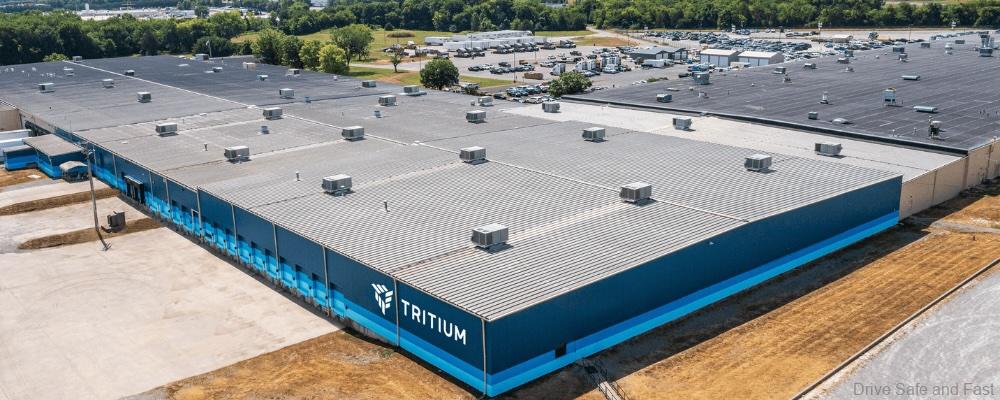Australian firm Tritium was once valued at US$2 billion and had 15% of the EV fast charger market.
The “electric vehicle revolution” is in swing and many industries are popping up around this new wave of technology. One of the most important, of course, is charging infrastructure. One visionary company that saw the wave coming early was the Brisbane-based Tritium. It received contracts from private companies and from federal and state purses around the world as well as praise from the Australian Prime Minister but in just months the company has gone belly up.

Tritium has its roots in 2001 as an engineering consulting firm but in 2013, they pivoted the business to get into the untapped electric vehicle DC fast charger market. By 2020, the company had captured 15% of the world’s market for fast chargers which gave it the confidence to become publicly listed on the NASDAQ and was valued at US$2 billion. In 2023, the company won a contract with BP’s EV charging division (also in trouble) to supply fast chargers for its expansion across key markets. It opened a factory in Tennessee to supply the American market with DC fast chargers that would meet legislation there designed to encourage locally-made products and EV incentives.

Unfortunately, the EV craze has died down in the US over the last year and Tritium’s share prices have been sliding down. By October 2023, Tritium was given a deficiency notice from NASDAQ as its ordinary shares were below US$1 per share for more than a month. In March 2024, NASDAQ gave it a delisting determination as the shares had slid down below US$0.10 per share for more than 10 days. They tried a few tricks to get the share prices back up, but nothing worked. Absent a big investor to take the firm private, Tritium has had no choice but to go into receivership.

Ex-Tritium employees point to bad management and unreliable chargers as part of the reason for the company’s sudden fall. However, we also think the fluctuating hype behind EVs and encouragement of governments help to create an unrealistic business environment for the EV economy.